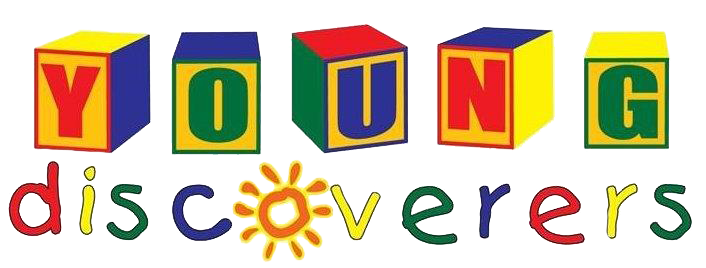by Simone Herring (chaplain, counsellor, pastor)
Emotions are the first language we learn. Long before a baby can talk, it can express and communicate its feelings of pain, frustration and contentment. But not all people grow up to be emotionally intelligent and some struggle to regulate their emotions effectively. How can we, as parents, help our children to be emotionally intelligent? It starts with us examining our own beliefs around emotions. For example, if we grew up believing that some emotions are bad (rather than helpful to tell us something), then we will, either overtly or covertly, communicate this and others get the message that we can’t handle the expression of that emotion, even in a mature way.
I am in no way condoning a free-for-all in expression of unhealthy and harmful or abusive behaviour! We need to teach and learn self-control too. But if we deny expression of certain emotions then we rob our children (and ourselves) the opportunity to learn how to understand and express emotions healthily and in safe ways.
To teach emotional intelligence we start by acknowledging feelings as they are being experienced. By recognising different emotions and giving language to help connect these, we are teaching emotional literacy. For example when a child is upset, by saying, ‘I can see that you are feeling sad/frustrated/upset/angry etc because ………………(link to the cause)’ we can teach them to name and express their feelings in a healthy way.
This simple act of recognising and naming an emotion, in an empathetic and non-judgemental way (very important), can go a long way in developing emotional literacy and helping a child to understand their emotions, which is important in then learning how to regulate them (more is involved in this process).

A beautiful book that I find helpful to use when talking about emotions is, How do I feel? By Rebekah Lipp. It is has pictures and definitions of over 60 different emotions explaining how they might be felt in the body. Check it out at Wildling books How-do-i-feel
We believe that God created us and gave us emotions so we can experience the richness and fullness of life and better understand ourselves, Him and each other.



0 Comments